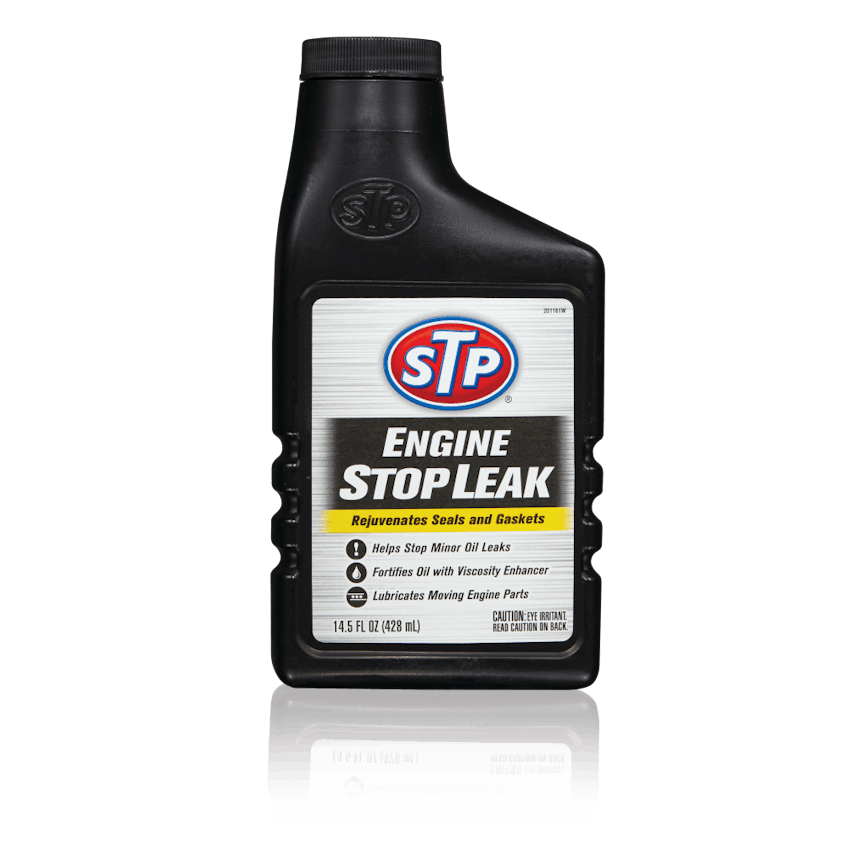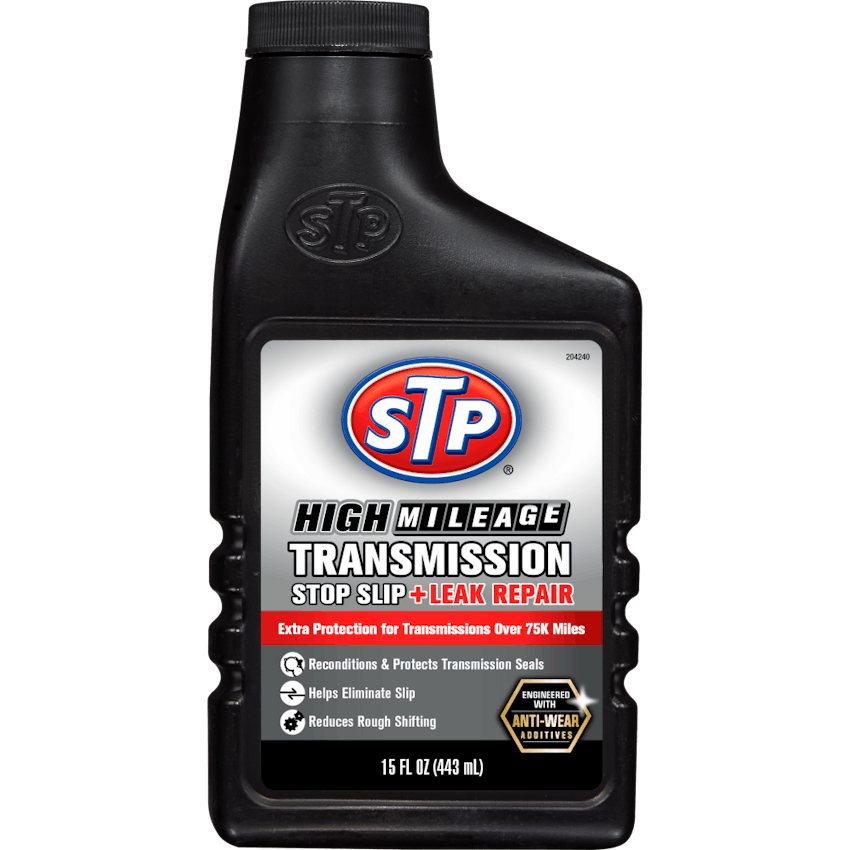Fuel Additives
The updated STP® Fuel Additive size works just as well as the old size, and still treats up to 21 gallons. Get all the power and performance in an easier-to-use package.
These fuel additives are referred to as “keep clean” products. Just like waxing your car keeps the paint clean from building up dirt and chemicals in the rain and show, STP® Gas Treatment and Fuel Injector & Carburetor Treatment help keep harmful deposits from building up in your engine’s fuel intake system, including fuel injectors and carburetors. It is important to keep your fuel system free of deposits to maintain maximum performance. These STP® products do not remove existing deposits. (See STP® Super Concentrated Gas Treatment, STP® Super Concentrated Fuel Injector Cleaner, STP® Octane Booster and STP® Complete Fuel System Cleaner for “clean up” products that help remove existing engine deposits, to help restore lost performance and efficiency.)
These fuel additives are referred to as “clean up” products and will dissolve harmful deposits that may have accumulated in your fuel system (including fuel injectors, intake valves and the carburetor). These are all sensitive parts of the fuel system that control the fuel/air mixture and must remain deposit-free in order to work properly. By removing deposits in your fuel system, you can restore your vehicle to its optimum performance level, help maximize fuel efficiency, decrease hard starts, restore lost acceleration and decrease rough idling.
The STP® Complete Fuel System Cleaner is our most powerful fuel system cleaner. It not only does the job of our Super Concentrated products but helps clean the combustion chambers. The fuel system has the demanding job of delivering the proper fuel and air mixture to the engine, to give you the performance you need. Cleaning it twice a year can result in peak engine performance by restoring lost power and acceleration, maximizing fuel efficiency by cleaning fuel injectors and carburetors.
All engines develop combustion chamber deposits that can lead to your engine needing higher-octane gasoline than is recommended by the manufacturer to operate efficiently. This concept is known as “Octane Requirement Increase” or ORI for short. This can cause the “knocking and pinging” sounds you may hear when accelerating. The problem is that knocking and pinging may not be audible to the driver, due to many modern engines being equipped with knock sensors. These sensors detect knock and adjust the vehicle’s timing to make it stop. These adjustments lead to a quieter engine, but do come at a cost, since they can result in slower acceleration and poor fuel economy. STP® Octane Booster detergents help dissolve and remove existing deposits, so they can be swept into the combustion chamber and burn with the gasoline. With its cleaning ability, STP® Octane Booster helps restore proper fuel flow to help restore lost performance and reduce hesitation and stumbling.
The STP® fuel additive products are individually labeled for dose and treatment intervals. This information can be found on the back and neck labels of the bottle.
The STP® fuel additive products are individually labeled for proper dosage. This information can be found on the back label of the bottle. Typically, our products treat between 14 and 21 gallons.
Many car manufacturers state that after-market fuel additives are not necessary even though they sell their own brand of fuel additives. Some after-market fuel additives contain corrosive chemicals that may be harmful to fuel system components or internal engine parts. STP® products do not contain any corrosive components, such as alcohols, and are safe for use in all engines.
STP® has specially designed products for diesel engines and has labeled them as diesel products. They have been thoroughly tested in specific diesel applications.
The STP® fuel additive products are specifically designed for use in four-cycle engines.
The STP® fuel additive products have not been tested for use in two-cycle engines. Therefore, we do not recommend that they currently be used for two-cycle applications.













